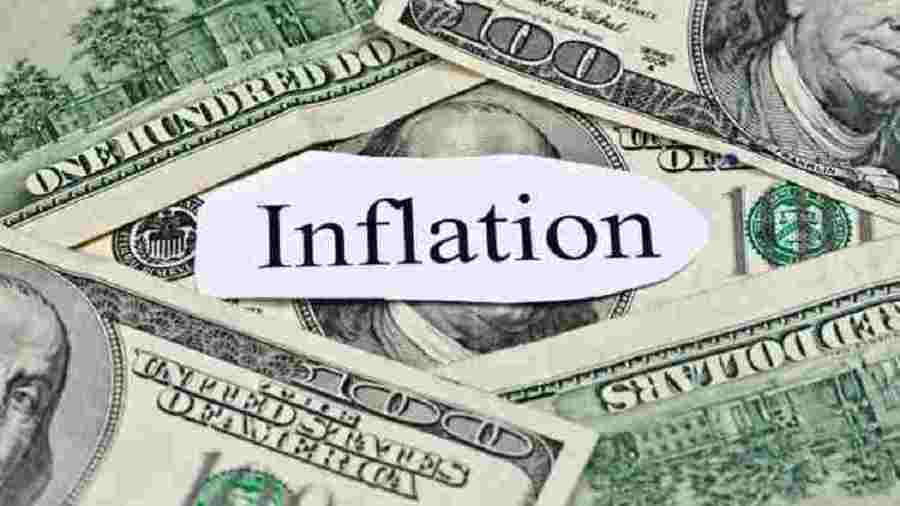Russia’s invasion of Ukraine and the continuing effects of the pandemic have hobbled countries around the globe, but the relentless series of crises has hit Europe the hardest, causing the steepest jump in energy prices, some of the highest inflation rates and the biggest risk of recession. The fallout from the war is menacing the continent with what some fear could become its most challenging economic and financial crisis in decades.
While growth is slowing worldwide, “in Europe it’s altogether more serious because it’s driven by a more fundamental deterioration”, said Neil Shearing, group chief economist at Capital Economics. Real incomes and living standards are falling, he added.
“Europe and Britain are just worse off.” Several countries, including Germany, the region’s largest economy, built up a decades-long dependence on Russian energy. The eightfold increase in natural gas prices since the war began presents a historic threat to Europe’s industrial might, living standards, and social peace and cohesion. Plans for factory closings, rolling blackouts and rationing are being drawn up in case of severe shortages this winter.
The risk of sinking incomes, growing inequality and rising social tensions could lead “not only to a fractured society but a fractured world”, said Ian Goldin, a professor of globalisation and development at Oxford University.
“We haven’t faced anything like this since the 1970s, and it’s not ending soon.” Other regions of the world are also being squeezed, although some of the causes — and prospects — differ. Higher interest rates, which are being deployed aggressively to quell inflation, are trimming consumer spending and growth in the US. Still, the American labour market remains strong, and the economy is moving forward. China, a powerful engine of global growth and a major market for European exports like cars, machinery and food, is facing its own set of problems.
Beijing’s policy of continuing to freeze all activity during Covid-19 outbreaks has repeatedly paralysed large swathes of the economy and added to worldwide supply chain disruptions. In other parts of the world, countries that are able to supply vital materials and goods — particularly energy producers in West Asia — are seeing windfall gains. And India and Indonesia are growing at unexpectedly fast paces as domestic demand increases and multinational companies look to vary their supply chains.
Vietnam, too, is benefiting as manufacturers switch operations to its shores. Even so, China, the eurozone and the US together account for roughly two-thirds of the planet’s economic activity, and if those powerhouses all slow down, it will be hard for any country to remain insulated from the fallout. (New York Times News Service)











